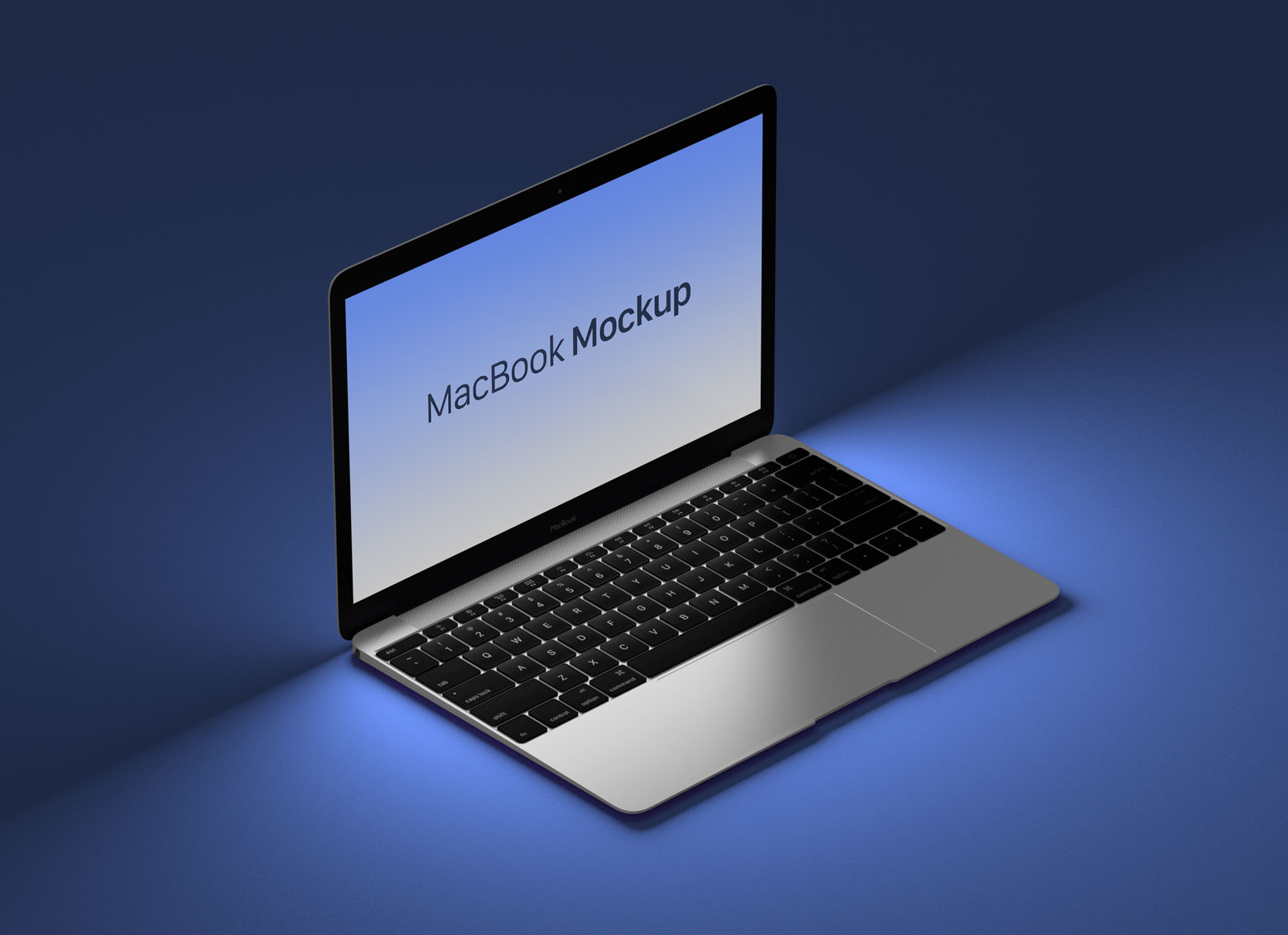Quantum Computing: Redefining What’s Possible

Imagine a computer so powerful it can solve problems in seconds that would take today’s fastest supercomputers millions of years to crack. Welcome to the world of Quantum Computing.
Quantum computers are often touted as the next generation of computing. They rely on the laws of quantum mechanics — the weird behavior of particles at a subatomic scale — to process information. Currently, quantum computers are too small, too difficult to maintain and too error-prone to compete with today’s best classical computers. However, many experts expect quantum computing to one day overtake classical computing for specific tasks.
Instead of using bits (0s and 1s) like classical computers, quantum computers use qubits — tiny quantum systems that can exist as 0 and 1 at the same time (thanks to a phenomenon called superposition). They can also get “entangled,” linking qubits together no matter how far apart they are — making calculations insanely fast and complex.Click to know the history of technology.
🌌 Why It Matters:
-
Revolutionize fields like cryptography, AI, drug discovery, and climate modeling.
-
Solve optimization problems that are impossible today.
-
Speed up machine learning and data analysis in ways we can barely imagine.
⚡ The Catch:
Quantum computers are still extremely delicate and hard to build — they need super-cold temperatures and are prone to errors. But major players like IBM, Google, and startups like Rigetti are racing to make them practical.
At its core, quantum computing leverages the strange, fascinating laws of quantum physics:
⚡ Superposition: Where qubits can be 0, 1, or both simultaneously, exponentially expanding computational possibilities.
⚡ Entanglement: A deep connection between qubits, allowing instantaneous correlations and mind-bending speed-ups.
⚡ Quantum Interference: Directing computations toward the right answer by cancelling out wrong ones — like navigating through a maze by collapsing thousands of paths at once.
🌍 Real-World Impact:
-
Medicine: Simulate molecules and discover life-saving drugs faster than ever.
-
Logistics: Optimize global supply chains, from shipping routes to delivery networks.
-
Finance: Model complex markets and identify risks and opportunities in real time.
-
Climate: Better simulate and combat climate change through advanced modeling.
🚀 Where We Are Now:
Today’s Quantum computers are in the “Noisy Intermediate-Scale Quantum” (NISQ) era — powerful but still noisy and error-prone.
Companies like IBM, Google, Microsoft, D-Wave, and startups like IonQ are building quantum processors step-by-step, with governments and private investors pouring billions into quantum R&D.
💡 The Bottom Line:
Quantum computing isn’t just a faster computer.
It’s a different computer.
It will unlock solutions to problems we haven’t even thought of yet.
We are witnessing the birth of a technology that could define the 21st century — and beyond.
The future will belong to those who understand and harness quantum power
We’re at the dawn of a quantum revolution.
Stay tuned — the future is weird, and it’s happening fast.



